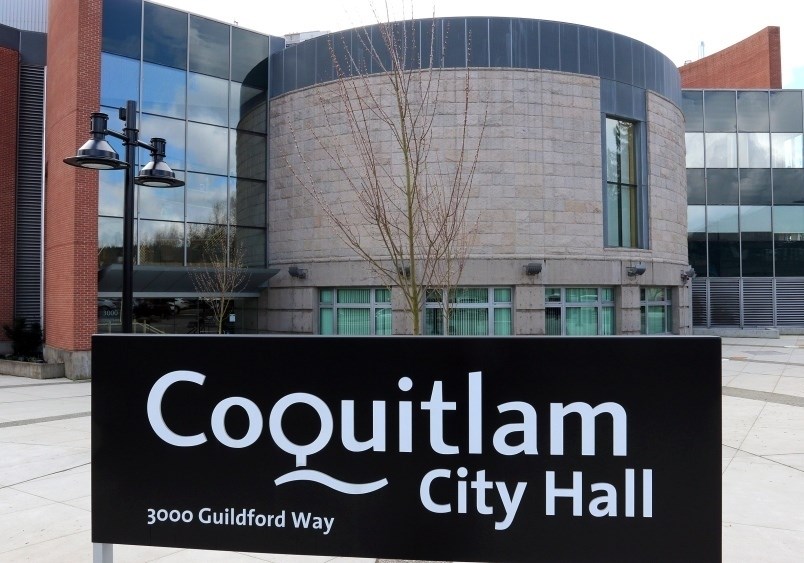The COVID-19 pandemic has blown a hole in Coquitlam’s financial plan this year, but balancing the books in 2021 could be even more difficult.
In a sobering presentation to council on the current state of the city’s finances, staff said the impact to the budget is three-times greater than the recession of 2008.
“You usually give us better news,” said Mayor Richard Stewart after the presentation on Monday.
Depending on how long the stay-at-home measures are in place, staff expected between a $2.5- and $6.5-million operating deficit this year.
A high-level analysis for 2021, however, predicts an even-larger gap of between $6.8 to $9.8 million, assuming a 50% recovery.
With development cost charge revenues expected to decline, staff said they may need to delay some capital projects.
“Though much of the future remains uncertain at this time, there are likely many difficult decisions to be made with respect to the implications to the city’s financial position and adjustments to the 2021 financial plan (that) are inevitable,” said Gorona Cabral, Coquitlam’s financial planning manager.
As many municipalities are struggling to deal with the financial fallout from the pandemic, Coquitlam is actually in a good position to weather the storm, said a staff report. The document noted that infrastructure reserve funding, low levels of external debt, and various investment strategies have put the city in a position to maintain service levels during the recovery.
Still, unlike their Tri-City neighbours, Coquitlam residents will not be getting a break on property taxes this year.
Council voted in favour of a 2.98% rate hike on residential properties and 1.98% on commercial properties — the same increase outlined in the financial plan presented in December. Maintaining the increase is necessary to avoid worsening the already-growing budget deficit.
“A tax cut may provide short-term targeted relief, but will also exacerbate the deficits and can prolong a financial crisis as these deficits eventually need to be addressed,” said the report. “As well, local tax cuts directly target property owners, but do not benefit a large part of the population, many of whom are renters.”
The rate jump comes as other cities in the area are slashing their property tax hikes. Port Moody reduced its increase to 1.61% last month, while Port Coquitlam residents will not see any increase at all.
The Coquitlam staff report, however, noted several measures the city is taking to accommodate residents who may be struggling financially during the COVID-19 pandemic.
The deadline for utility bill and property tax payments has been extended to Sept. 30 and the penalty for unpaid amounts has been reduced from 10% to 5% of the overall amount.



